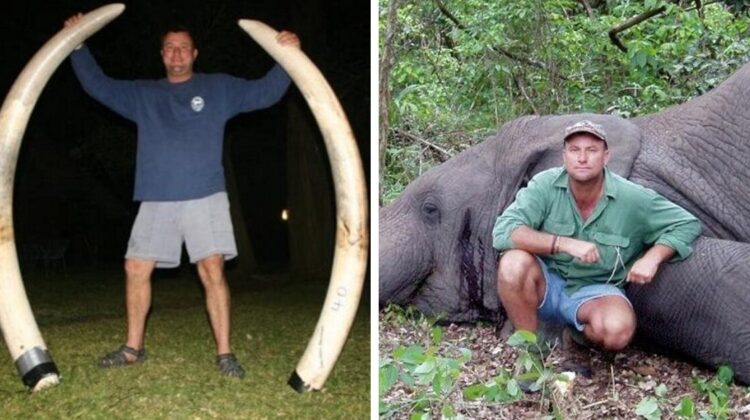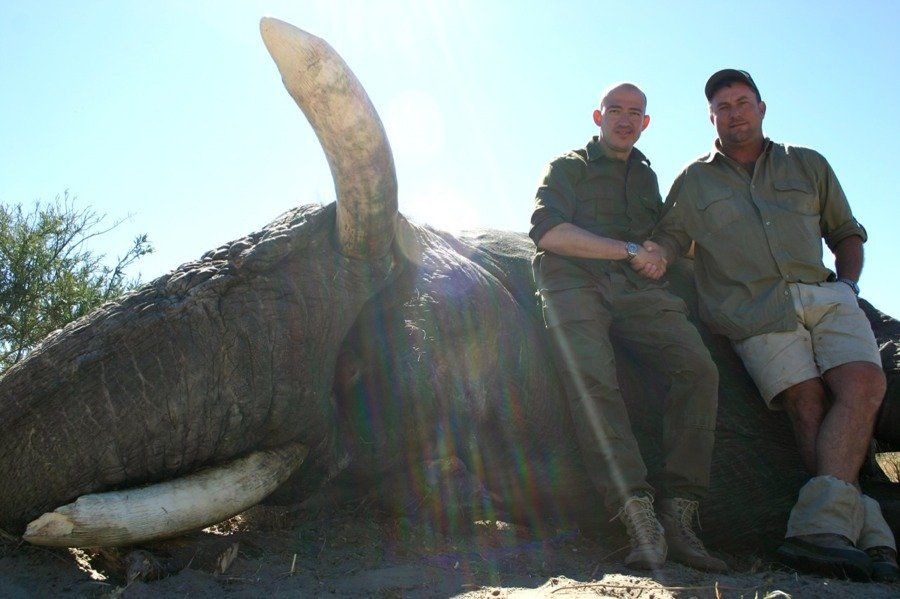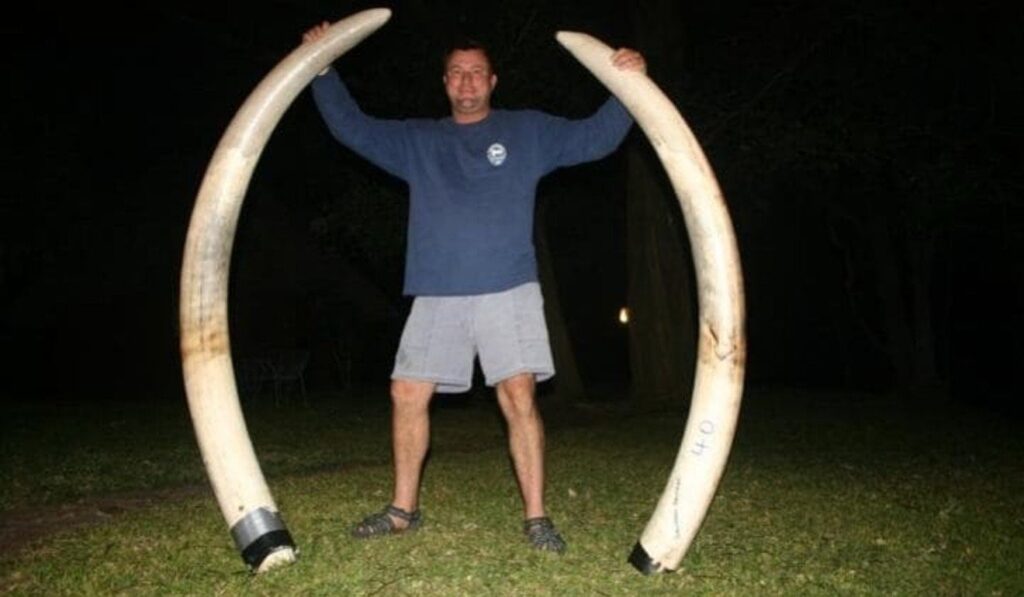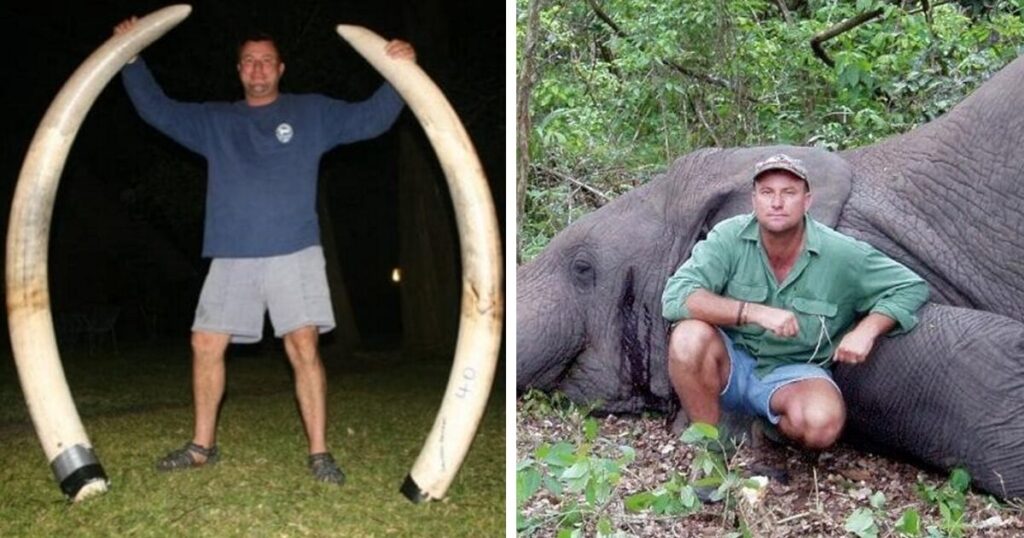
A seasoned big game hunter met a shocking and ironic fate when a wounded elephant collapsed on top of him, crushing him to death. Theunis Botha, a professional hunter known for organizing lucrative trophy hunting safaris, was leading a group near Hwange National Park in Zimbabwe when the incident occurred.
Hunter Crushed by Elephant in Zimbabwe
Botha, who had been in the hunting industry since 1989, specialized in “Monteria” hunts, where packs of hounds drive animals like deer and boar toward hunters. His hunting tours attracted wealthy clients willing to pay premium prices for the opportunity to shoot exotic wildlife across Africa.

During the ill-fated expedition, the group encountered a herd of breeding elephants. As the animals charged at the hunters, one elephant reportedly lifted Botha with her trunk. A fellow hunter fired a fatal shot at the elephant, but as it collapsed, it fell directly on Botha, killing him instantly.
Who Was Theunis Botha?
Theunis Botha, a father of five, made a career out of big game hunting. He owned several private hunting ranches in South Africa, Botswana, and Zimbabwe. His company’s website highlighted his extensive experience, boasting of his background as a sergeant in the South African infantry and his expertise in leading trophy hunts for high-paying clients.

His death was confirmed by his eldest daughter, and tributes poured in from his hunting associates, including Zimbabwe-based Kuronda Safaris, who described him as “a great man with a fantastic sense of humor.”
The Controversy of Trophy Hunting
Botha’s death reignited fierce debates about the ethics of trophy hunting. Conservationists argue that killing endangered animals for sport is not only cruel but also damages ecosystems. Many wildlife advocates believe that protecting species like elephants is far more valuable than catering to the trophy hunting industry.
With major platforms banning trophy hunting content and several countries tightening restrictions, the practice faces increasing opposition worldwide. While some hunters claim their activities fund conservation efforts, many experts argue that eco-tourism provides a far more sustainable and ethical alternative.

The tragic irony of Botha’s death—killed by the very wildlife he spent his life hunting—has sparked global discussions about the morality of big game hunting. As the world shifts toward conservation, the incident serves as a stark reminder of nature’s unpredictability and the risks involved in hunting endangered species.

Leave a Reply